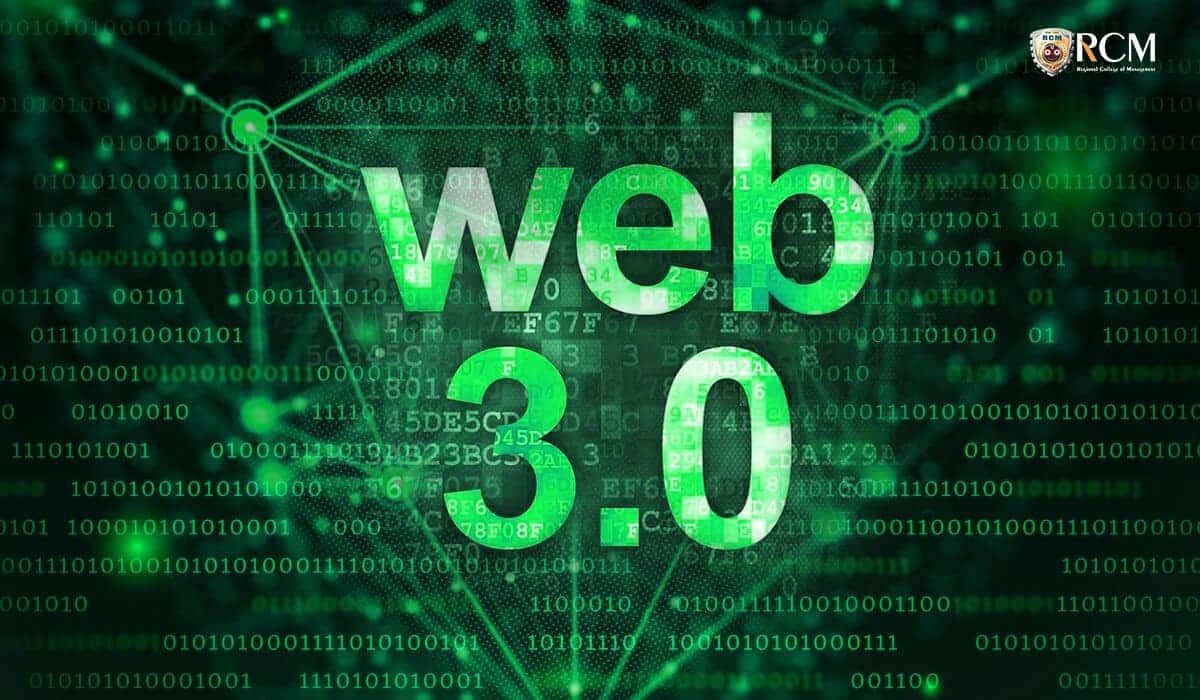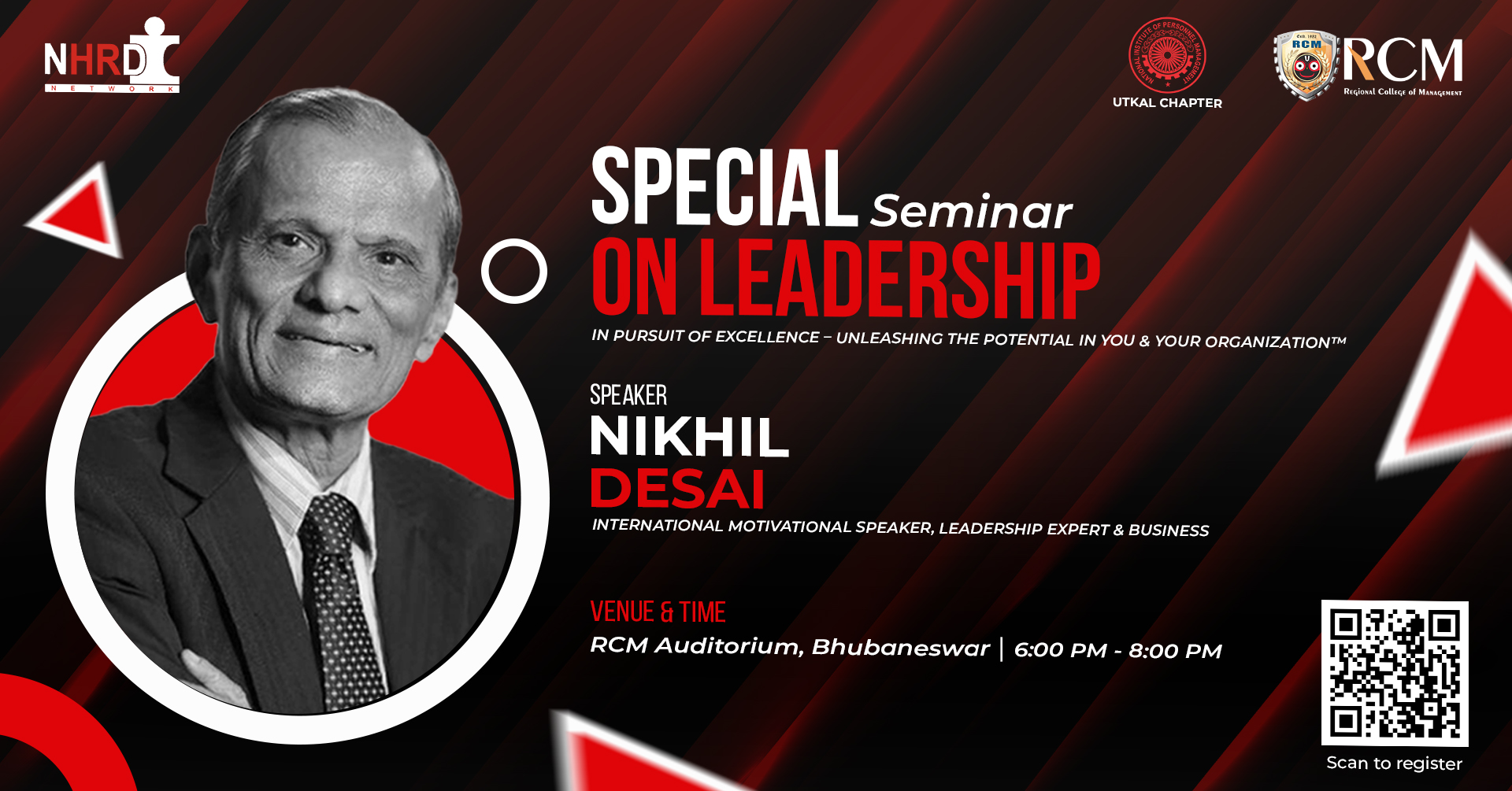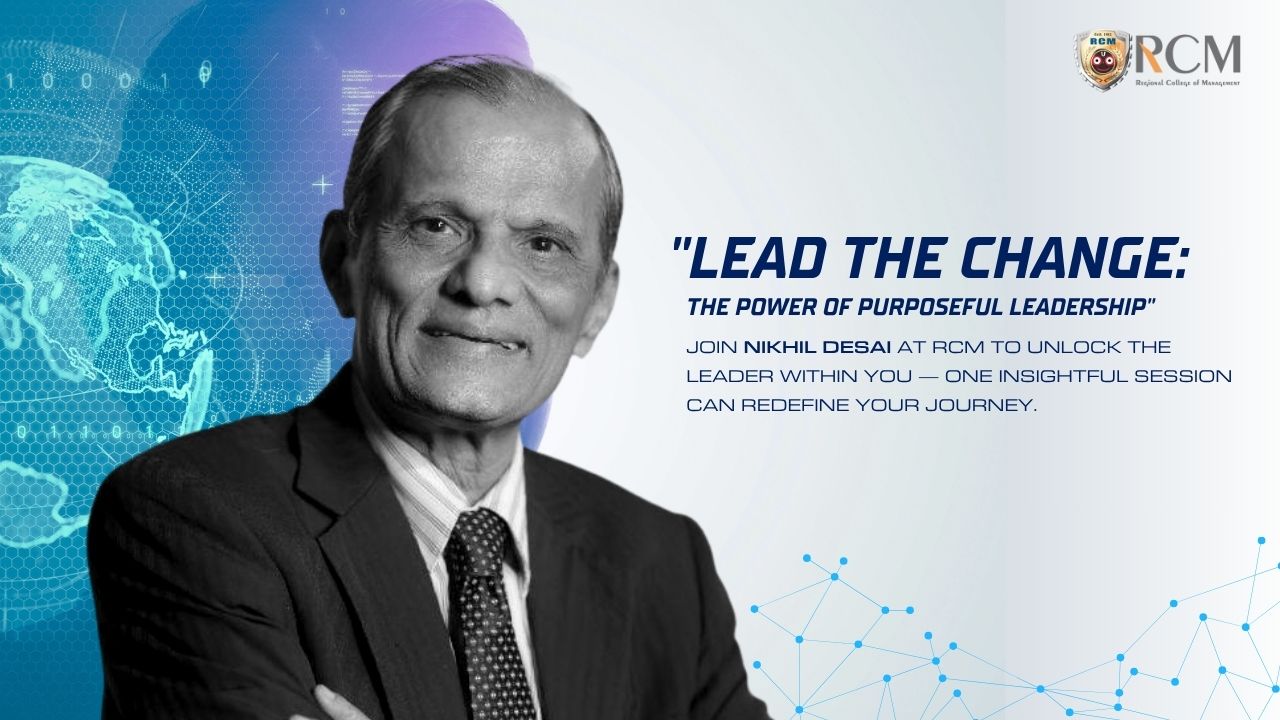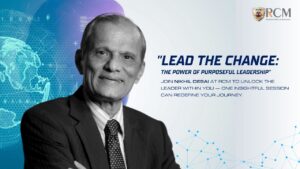Web 3.0 is the upcoming version or chapter in the evolution of the web and the internet, and it has the potential to be as revolutionary and outline-like as Web 2.0 was. The main ideas of Web 3.0 include decentralization, openness, and increased user value. But before we get into the ideology of Web 3.0, let’s back up to the time of the initiation of Web 1,0 and 2.0.
Web 1.0 & Web 2.0 Days: –
Remember the days of 90s when the web 1.0 came as a stage, The first version of the internet that was widely accessible to use, as the “World Wide Web”. When it first came in the early 1990s, it was mostly made up of static web pages connected by hyperlinks.
“Berners-Lee”, a computer scientist at CERN in Europe, was an inventor in the early creation of the internet in 1990. Berners-Lee had developed the three key technologies that would become the web’s basis by October 1990, including the first webpage editor/browser (WorldWideWeb.App)
The era of static webpages gained from servers is quite far away from today’s dynamic content. The uniqueness of features like email and real-time news access amazed most internet users at the time. Users had little scope for communicating apps because the content production was still in its early stages, however, this improved as online banking and trade grew more prominent.
Then arrived Web 2.0, the platform period, and the term “Web 2.0″ speaks to today’s active Internet.
E-commerce and social networking sites like Facebook, Twitter, and Instagram have all risen in popularity. People could communicate with digital networks and generate their own information. Smartphones and cloud computing were major growth factors in this market.
The user not only can gather information, but also send data back to the server to receive more relevant data and other user-generated outputs. As providers were able to use this activity to change software services, a variety of web services developed.
The hypertext transfer protocol, or HTTP, has been the primary mechanism for these communications. The browser transmits a message to the server according to the user’s given data, generating the communications that drive Web 2.0.
Many experts think that the present problem is that internet users are being required to give out personal information to use “free” services given by technology giants such as Google, Microsoft, or Amazon. Shopping, social media, and blogs all capture data about our interests and how we use these services, which are then sold to third parties and used to provide targeted advertisements.
Many experts think about the present problem of the internet users who are being required to give out personal information to use “free” services given by technologies giants such as Google, Microsoft, or Amazon. Shopping, social media, and blogs are all capture data about our interests and how we use these services, which are then sold to third parties and used to provide targeted advertisements.
All About The Web 3.0
In 2014, Gavin Wood, one of the co-founders of the Ethereum cryptocurrency, coined the phrase Web 3.0. Bitcoin lovers, major technological companies, and venture capital have expressed interest in the idea of Web 3.0 or Web3.0 technologies when it came as a wave in 2021.
Web 2.0, according to Wood and supporters of the Web3 idea, is governed by big tech, which is governed by authorities who may or may not be helpful in ensuring public faith in the internet or data security. Wood told in an interview in 2021 that the existing web demands faith in bodies that we can’t hold accountable
the visioners of Web3.0 technologies predicting a web browser where users don’t have to provide companies like Facebook and Google their personal information in order to use their services. All information would be stored on the blockchain’s public ledger, and the web would be driven by blockchain technology and artificial intelligence.
Everything would have to be verified by the network before being approved, like how bitcoin works. People may possibly transfer data or payment without the need for a mediator via online apps. A Web3 technology internet would also be open-source, meaning that anybody may use it without needing to set passwords or give approval from a service.
The internet’s data would be stored on the web rather than on servers, as it is now. Any changes or transfers to that data would be recorded on the blockchain, producing a trail that could be verified by the whole network. In concept, this keeps bad actors from getting access to data while also keeping track of where it flows.
In the same way that bitcoin blockchains are designed to prevent “double spending,” a blockchain-centric internet would ideally make the data modification and control the data. Because data would be decentralised, no gatekeeper would be able to control it, preventing anybody from accessing the internet.
It would also enable a much larger number of people to use the internet than originally expected, and the AI would be used to combat bots and click-farming websites. A Web3 application is a peer-to-peer payment programme built on the blockchain. Instead of going to a bank, people may use a decentralised app (Dapp) developed for payments to pay for a product or utility. A transaction must first be validated by the network and then put into the blockchain’s digital ledger before it can be completed. People who are unable to open bank accounts, do not have access to them, or are prohibited from providing certain services by large payment providers may benefit from such a system.
Web3 is not really prepared yet
Web3 is still primarily theoretical, and the learning curve is quite stiff. Anyone interested in participating must first educate themselves on blockchain and cryptocurrency technology. That’s a step that not everyone wants to take only to use a different version of what they already have, specifically if they can avoid privacy issues using programmes like private browsers.
There are also concerns about secrecy and censorship. Nothing would be anonymous if the entire internet ran on Web3 blockchain architecture and all data was securely stored in the blockchain. For some, this is good, but not for those who need to remain confidential for their protection.
